Summaries of books about Software Development:
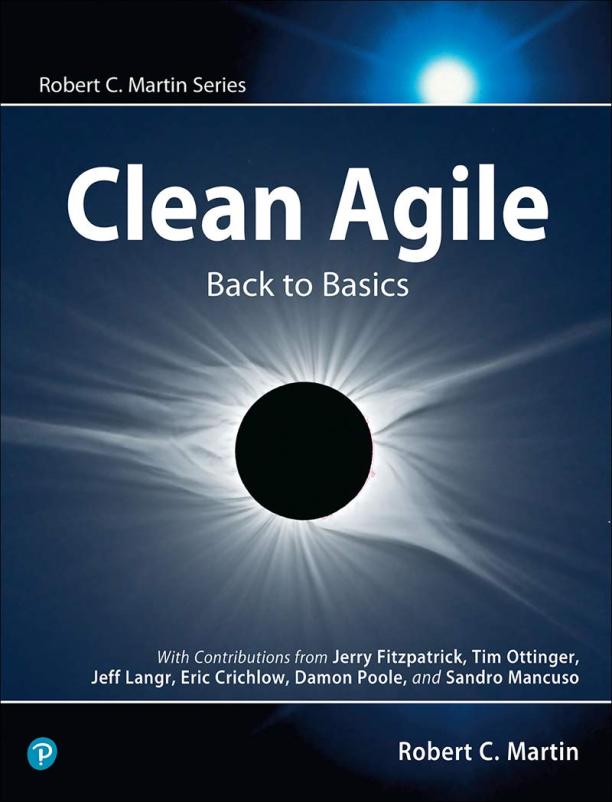
Clean Agile
Back to Basics
Martin Robert C.
The book revisits the foundational principles of Agile software development, advocating for simplicity, communication, feedback, and courage. It emphasizes the importance of technical discipline, good design, and the original intent behind Agile methods, urging professionals to strip away unnecessary complexities and focus on delivering quality software.
See full summary
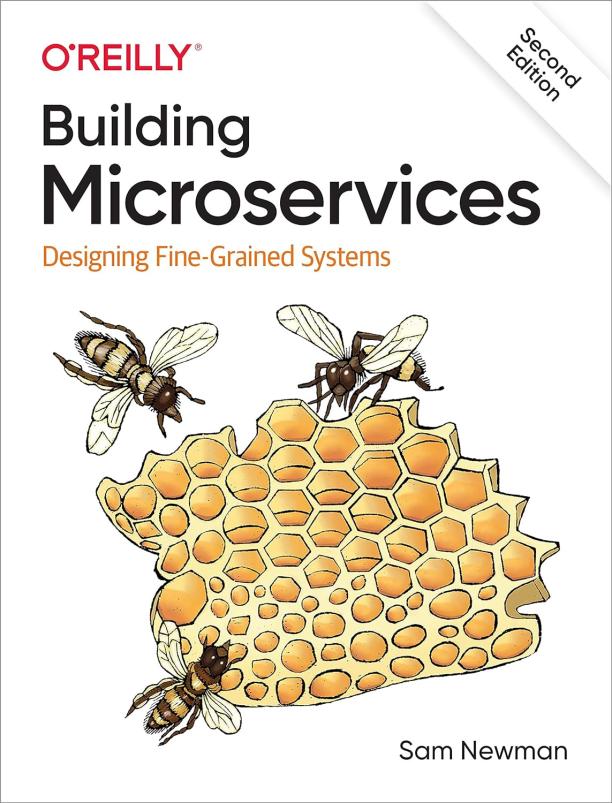
Building Microservices
Sam Newman
The book provides a comprehensive guide to designing, building, and maintaining microservices architectures, covering principles, technologies, and methodologies. It addresses challenges such as service decomposition, data integration, and continuous delivery, offering practical advice and real-world examples.
See full summary
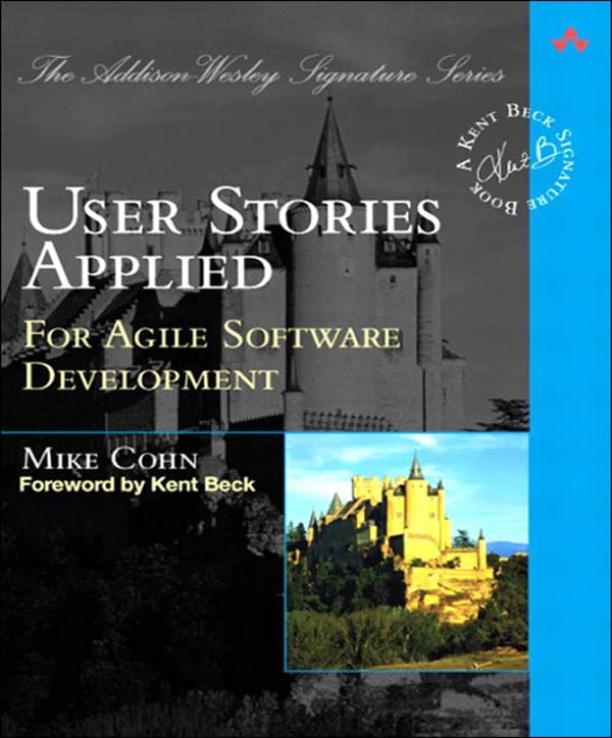
User Stories Applied
For Agile Software Development
Cohn Mike
The book provides a comprehensive guide to writing user stories, which are short, simple descriptions of a feature told from the perspective of the user who desires the new capability. It covers the principles of user stories, including gathering requirements, prioritizing, and managing them within the framework of Agile software development methodologies.
See full summary
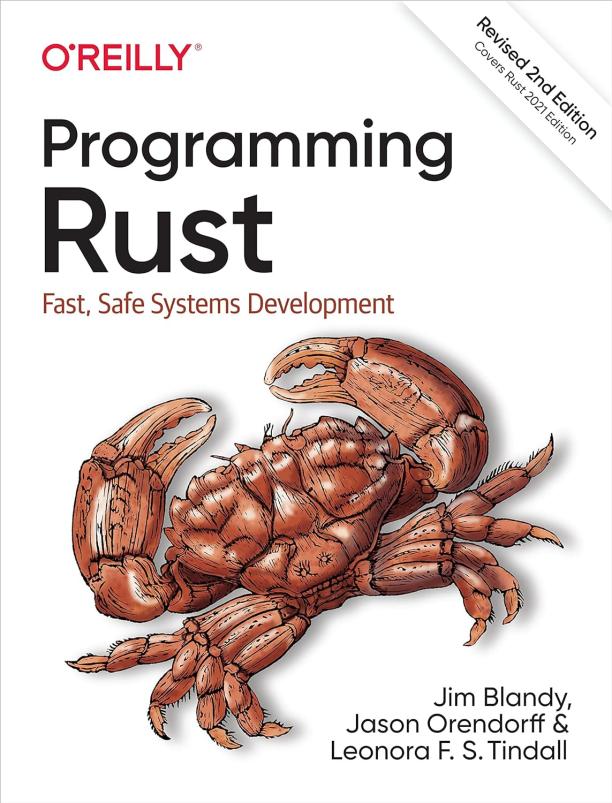
Programming Rust
Fast, Safe Systems Development
Jim Blandy|Jason Orendorff|Leonora F. S. Tindall
The book provides a comprehensive guide to the Rust programming language, covering its syntax, concepts, and tools to enable the development of fast and reliable software. It delves into Rust's unique ownership system, concurrency, and safety features, offering practical examples and exercises to help readers build efficient systems applications.
See full summary

Coding
6 BOOKS IN 1 : Linux For Beginners – PYTHON
Michael Clark|Michael Learn
The book serves as a comprehensive guide to programming, covering six fundamental topics: it introduces readers to the basics of the Linux operating system, provides a thorough understanding of Python programming with two dedicated volumes, teaches the essentials of SQL for database management, explains the fundamentals of HTML for web development, and delves into C++ for object-oriented programming. Each section is designed to equip beginners with the foundational skills and knowledge needed to start coding in these different programming languages and environments.
See full summary
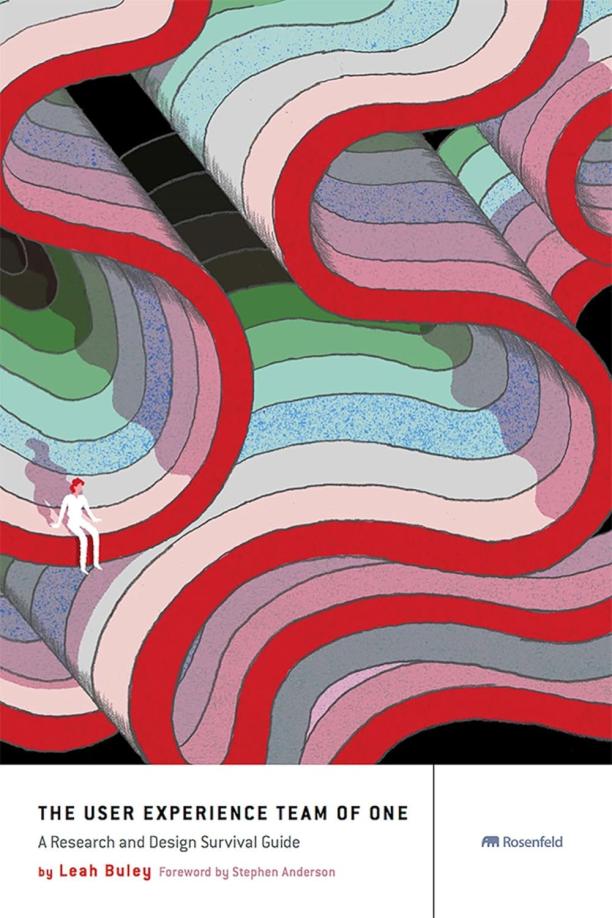
The User Experience Team of One
A Research and Design Survival Guide
Leah Buley
The book provides practical advice and strategies for individuals tasked with implementing user experience (UX) design principles in organizations without a dedicated UX team. It offers methods for research, design, and persuasion to help solo practitioners effectively advocate for user-centered design in their work environments.
See full summary
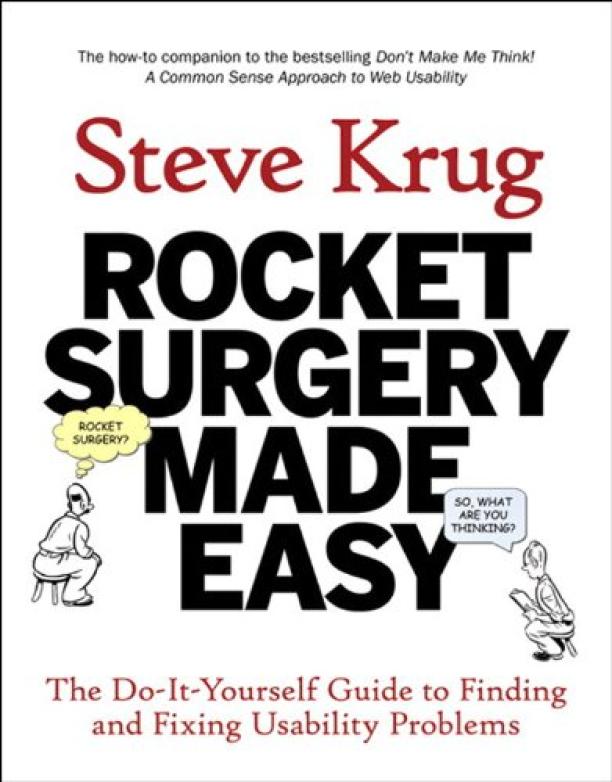
Rocket Surgery Made Easy
The Do-It-Yourself Guide to Finding and Fixing Usability Problems
Steve Krug
The book provides a practical guide to conducting usability testing for websites and applications, offering straightforward advice on how to identify and fix design issues that frustrate users. It includes step-by-step instructions, checklists, and real-world examples to help readers improve the user experience of their products without the need for formal training or a significant investment of time and resources.
See full summary
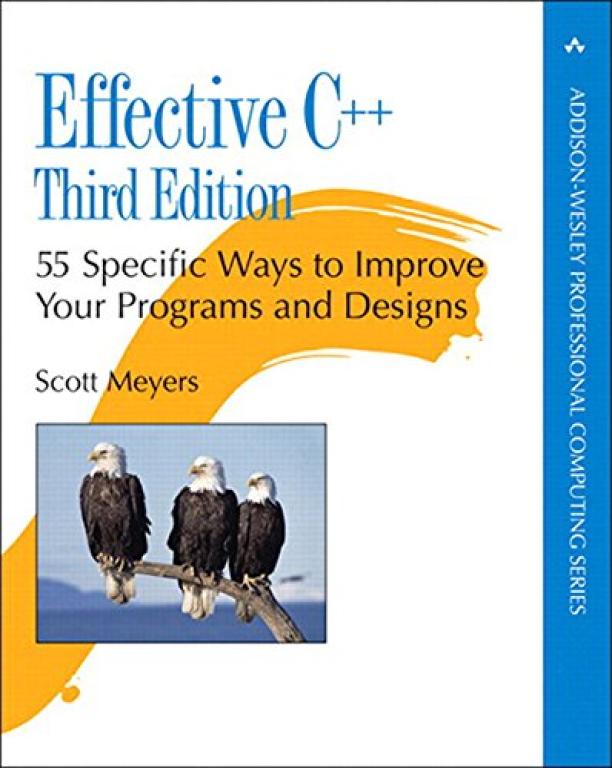
Effective C++
55 Specific Ways to Improve Your Programs and Designs
Scott Meyers
The book provides a collection of practical guidelines and best practices for writing clear, efficient, and maintainable C++ code, covering topics such as object-oriented programming, resource management, and performance optimization. It is structured into 55 itemized tips that address common programming challenges and pitfalls, offering insights into the subtleties of the C++ language and its standard library.
See full summary
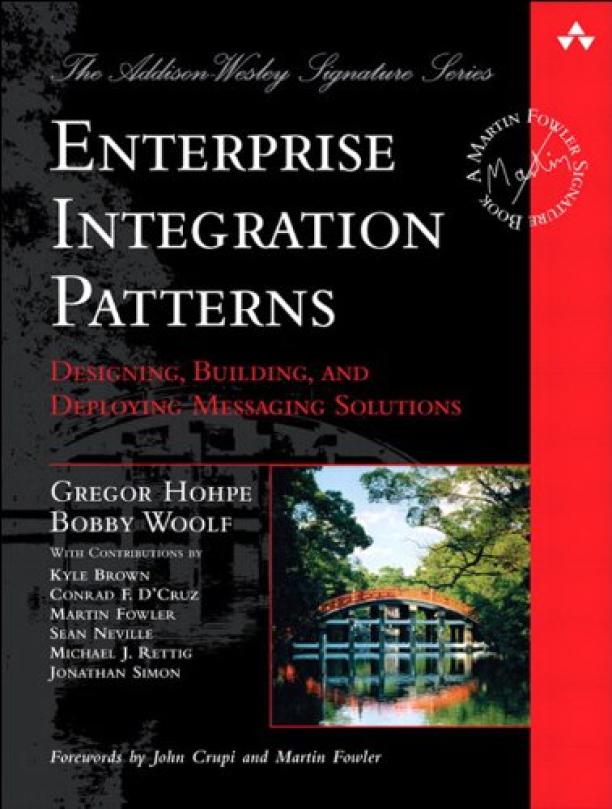
Enterprise Integration Patterns
Designing, Building, and Deploying Messaging Solutions
Hohpe Gregor|Woolf Bobby
The book provides a comprehensive guide to designing and implementing scalable and maintainable integration solutions using messaging systems. It introduces 65 patterns for addressing various integration challenges, such as message construction, inter-process communication, and system management, offering solutions that can be applied across different technologies and platforms.
See full summary
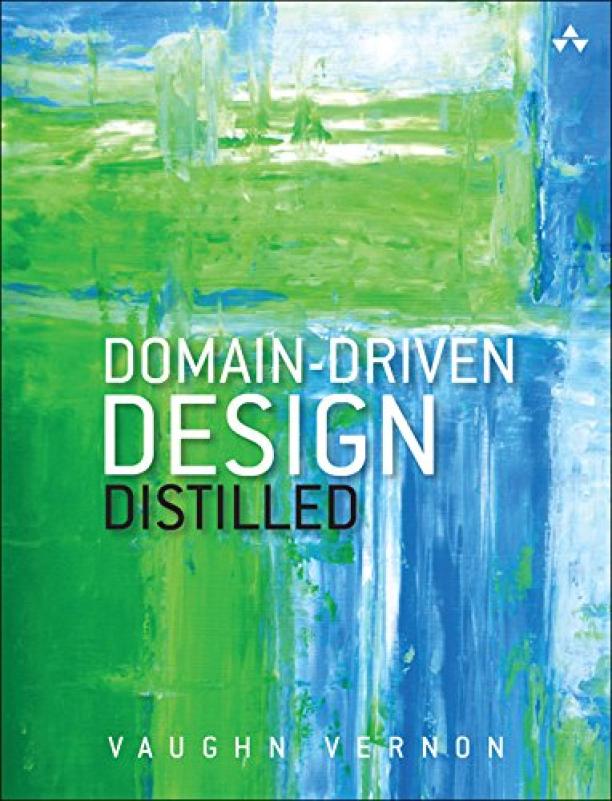
Domain-Driven Design Distilled
Vernon Vaughn
The book provides a concise guide to the fundamentals of Domain-Driven Design (DDD), explaining its principles, patterns, and practices to create a shared language between developers and domain experts. It offers practical advice on how to model complex software systems and align them with business goals, emphasizing collaboration and iterative refinement.
See full summary